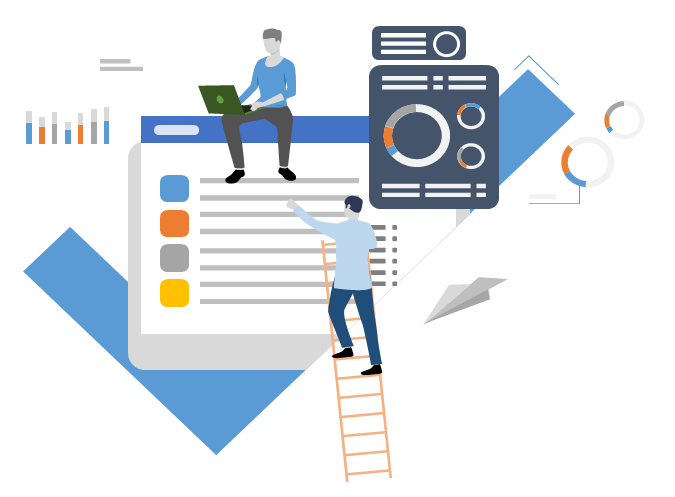Marketing automation amalgamates your processes so that he business owner can focus on more important aspects of their business. Some examples of marketing automation are: automated follow-up email sequences, a synchronized calendar to book a call with a sales rep, paid advertising campaigns that run while the non-working hours, etc. The most attractive feature of market automation in digital marketing is that what once took a large sales team and massive capital can now be done with a small team of only two or three people. Marketing automation has substantially reduced the cost of performing business and has allowed online business owners to make much more money all along with less work on their plate.
[tx_spacer size=”70″]
[tx_spacer size=”10″]
